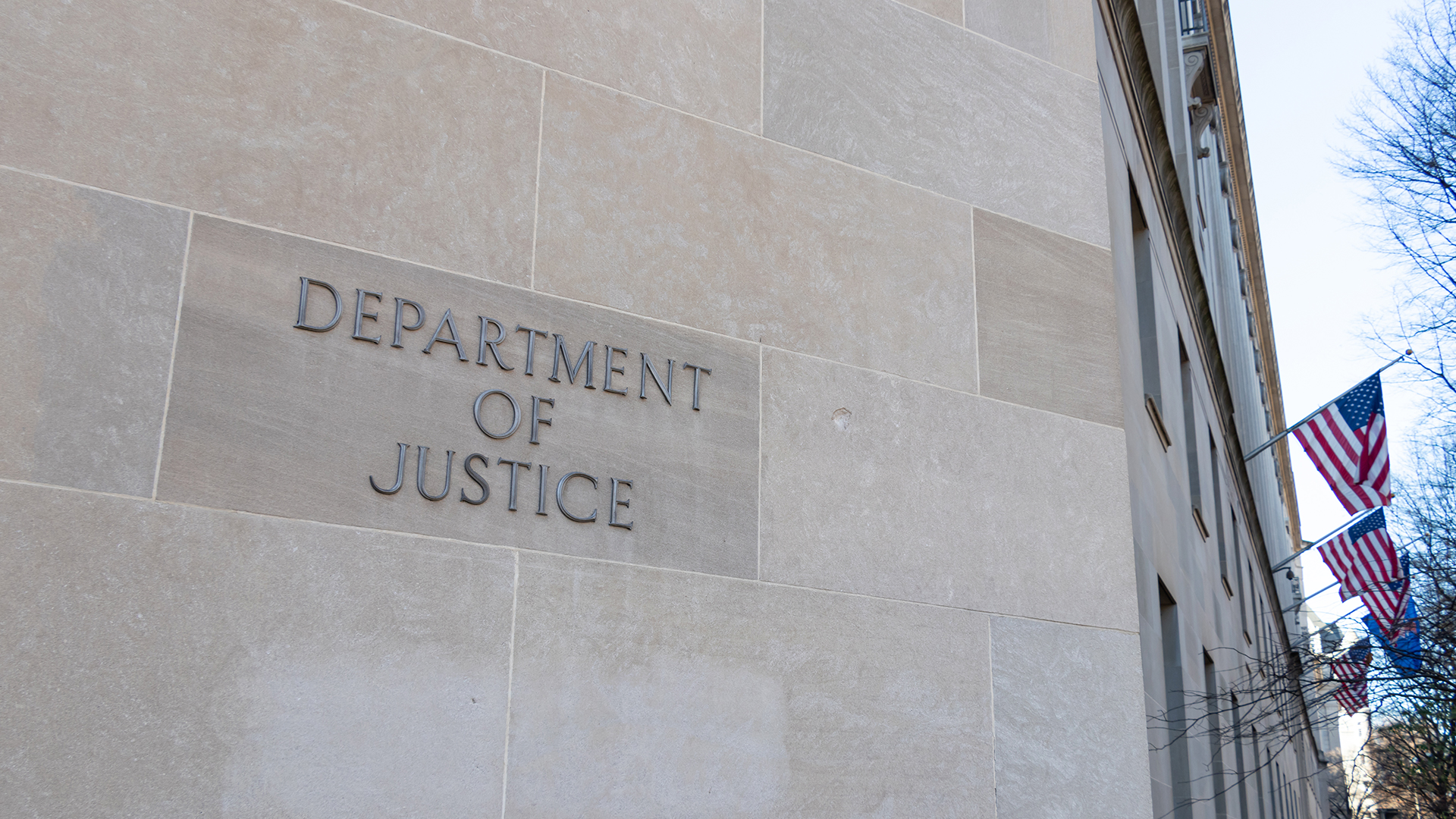Joined-up thinking

Closing arguments have been given in Washington DC in the US Department of Justice’s antitrust case to block the acquisition of Simon & Schuster by Penguin Random House. The government’s lawyer argued that the merger would inevitably reduce competition for books, hitting the advances authors could expect, and that the publisher’s promise that competition for books between its individual imprints would not be curtailed post-acquisition was unenforceable. This in spite of whatever good intentions motivated the players: “The love of books is not on trial,” the DoJ’s counsel noted, seemingly uncomfortable with some of the less scientific language used during the course of the case.
For PRH and Bertelsmann, the argument was that the DoJ’s decision to focus on “anticipated top sellers” with an advance of over $250,000 was an entirely arbitrary one, which didn’t constitute an actual distinct market in any meaningful sense; that internal imprint competition was a real not a feigned practice, essentially because it was good for business; and that the most likely outcome of the merger was that advances would increase because other companies would be “motivated to compete against a firm with greater resources” and would need to up their offers to secure the books. Judgement from Judge Florence Pan in the case is expected in November.
From the distance of the UK, it’s notable what the trial, no doubt for reasons of legal strategy, has focused on (the earnings of a top rank of authors, rarely the ones to feature in discussions about falling author incomes), and what it has left to one side (the boosted bargaining position of a combined PRH/S&S in a market where Amazon is so powerful, the single most compelling reason for the buy). The DoJ’s antitrust cases usually look at the effect of a merger on the consumer: for example, when Cengage and McGraw-Hill planned to merge, there were concerns about the likely effect on the price of student textbooks. (In that instance, the DoJ wanted both to divest themselves of certain publishing lines before the merger could be allowed; it was eventually abandoned as “uneconomical”). That is not the case here.
In France, Vivendi—owner of major publisher Editis—has tried to avoid getting into a tangle with the European Commission’s regulatory authorities over its planned takeover of Lagardère, owner of market leader Hachette Livre, by stepping back from a plan to create a powerful, merged publisher and vowing to sell off Editis instead. The French book trade, particularly authors, had been unhappy with the merger; but now they are also up in arms about an Editis sale, in case it falls into the hands of a new buyer who operates it for a short-term return on investment only, disregarding the company’s broader wellbeing.
Which leaves the question, if the merger between PRH and S&S were to be prevented, would S&S—which is up for sale, whatever—find safe hands elsewhere? Both HarperCollins c.e.o. Brian Murray and Hachette Book Group c.e.o. Michael Pietsch, called as witnesses for the government, said during the trial that they would be keen on the purchase themselves—because the principle of the US Big Four was not in itself a bad one, so long as PRH was not one of the parties involved in the consolidation.

















